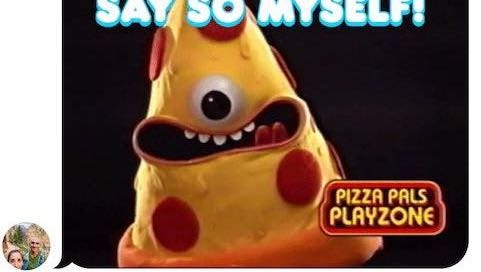Reconsidering the humble family text thread
That stream of minor updates and silly memes is more important than it may appear
Last week I trotted out the old empty nester trope that my young adults don’t call often enough. I should fess up — I was having a little cheap fun at their expense. The relatively low frequency of our calls isn’t really a problem because we text.
We have ongoing threads: a family group chat among the four of us, chats (Rael + me) with each of our kids, …
Keep reading with a 7-day free trial
Subscribe to Parent of Adults to keep reading this post and get 7 days of free access to the full post archives.




